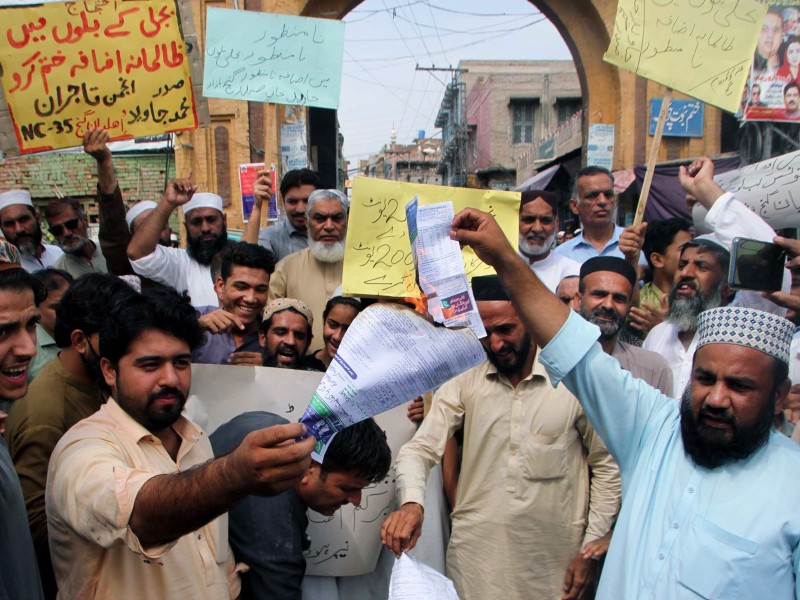
As seething outrage over astronomical electricity bills reaches boiling point, Caretaker Prime Minister Anwaarul Haq Kakar on Saturday was forced to call an emergency meeting at the Prime Minister’s House today to quell the brewing storm.
“In the meeting, a briefing will be taken from the ministry of power and distribution companies and consultations will be held regarding giving maximum relief to consumers regarding electricity bills,” the premier said on X, formerly known as Twitter.
In a bid to address the complaints of excessive electricity bills, the Power Division and power distribution companies have been instructed to present a comprehensive report on the surging costs. During the meeting, consultations will be held regarding giving maximum relief to consumers.
بجلی کے بھاری بِلوں کے معاملے پر میں نے کل وزیر اعظم ہاؤس میں ہنگامی اجلاس طلب کر لیا ہے۔ اجلاس میں وزارت بجلی اور تقسیم کار کمپنیوں سے بریفنگ لی جائے گی اور صارفین کو بجلی کے بِلوں کے حوالے سے زیادہ سے زیادہ ریلیف دینے کے حوالے سے مشاورت کی جائے گی۔
— Anwaar ul Haq Kakar (@anwaar_kakar) August 26, 2023
Moreover, as the cries rise to a crescendo, the government has also decided to revoke the provision of free electricity to grade-17 and higher-ranking officers.
The decision was prompted by ongoing nationwide protests that began days ago and showed no sign of slowing down with the citizenry vowing to take drastic action if their grievances were not addressed promptly.
People across the country have been left reeling as shockingly high electricity bills landed on their doorsteps earlier this month. The unsettling surge in billing, coupled with the ever-increasing tax burdens, has unleashed a storm of frustration among the populace, who now see themselves on the precipice of financial ruin.
Meanwhile, threats of large-scale demonstrations loomed ominously on the horizon, warnings that of a resort to civil disobedience.
Read: Nationwide protests erupt against inflated electricity bills
The caretaker information minister Murtaza Solangi held a meeting with Secretary Power Division Rashid Mahmood Langrial and discussed the issue of high electricity bills.
The minister said that the facility of free electricity units to DISCO officers would be discontinued too and the summary to take back the facility of free electricity to grade-17 and above officers would be presented in the next cabinet meeting.
The minister informed during the press conference that the increase in electricity tariffs predominantly affected consumers utilising more than 400 units per month, and the tariff remained unchanged for 63.5 per cent of domestic consumers.
High taxes
Higher electricity bills are not solely due to increased energy costs, but also because of the high taxes imposed by the government. These taxes account for 40 to 50 per cent of each bill and include various charges such as electricity duty, TV fee, General Sales Tax (GST), GST on Fuel Price Adjustment (FPA), and excise duty on FPA.
The government imposes a 0.5 per cent electricity duty on bills, which goes to the provinces. Additionally, there is a tariff rationalization surcharge of Rs5 to Rs7 per unit to ensure uniformity across the country.
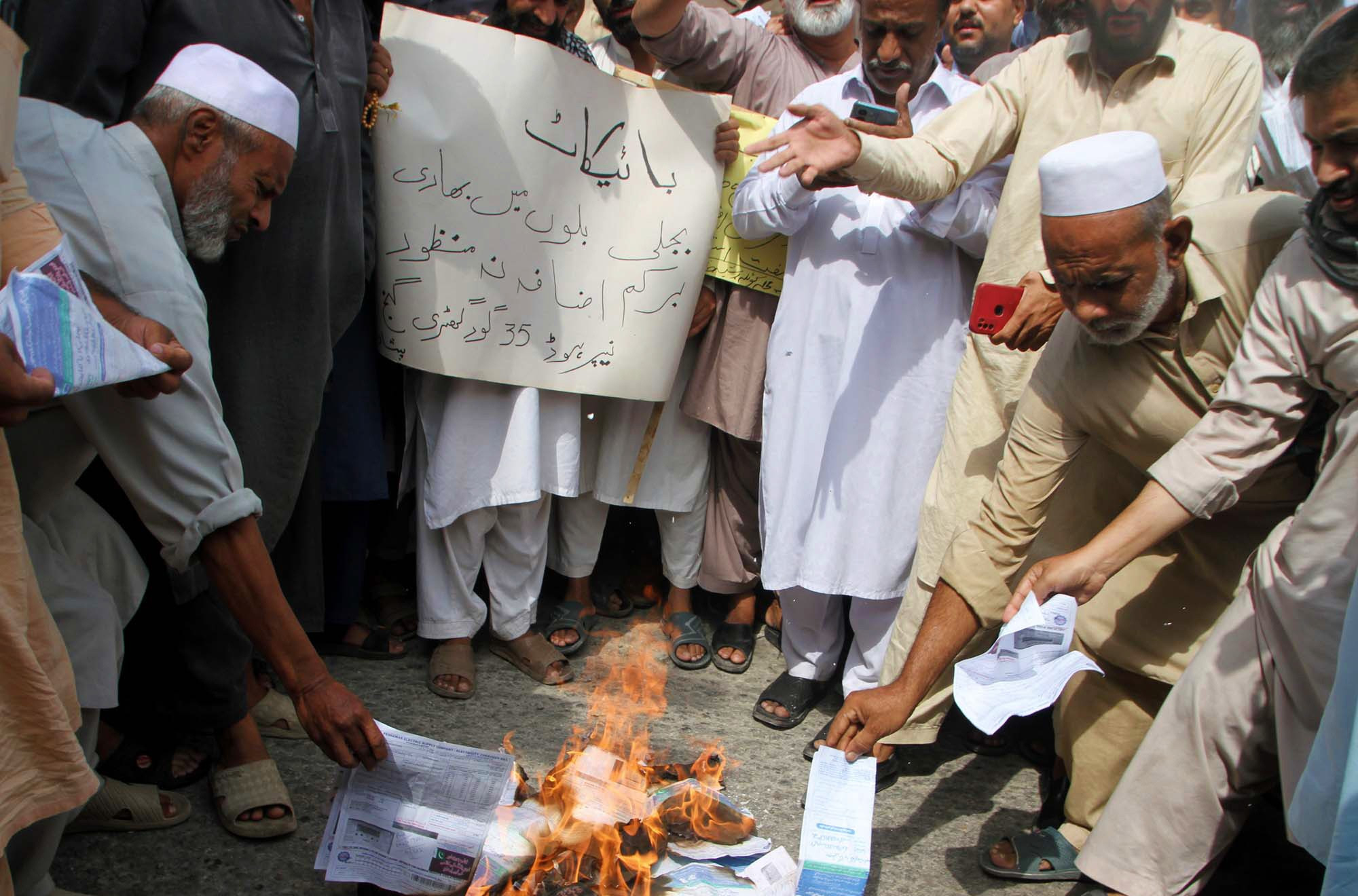
The government also charges a financial surcharge of Rs0.43 per unit from consumers in electricity bills.
Commercial and industrial consumers are subject to income tax, while a general sales tax of 18 per cent is imposed on all electricity consumers. Further, GST is charged on fuel price adjustments, along with excise duty on FPA.
Power distribution companies also include bill adjustments in order to recover the increased rates of electricity from consumers in their current bills. This has led to an outcry from consumers, especially as the average rates of electricity have reached Rs42 per unit.
Previously, the government provided subsidies to consumers using up to 200 units per month, with rates set at a maximum of Rs10 per unit. However, IESCO charged Rs22.9 per unit from consumers using 200 units, resulting in inflated bills.
IESCO officials clarified that the subsidy for 200 units per month can only be availed by consumers who have consistently used these units for six months. If usage exceeds 200 units per month, subsidized rates cannot be applied.
Fortunately, the proposal to impose Rs25 as radio charges on each electricity bill, suggested by the Senate Standing Committee on Information, has not been implemented, providing relief to power consumers.
Experts believe that reducing the taxes and levies on electricity bills is not possible in the short term. Due to pressure from the IMF to maintain fiscal balance, the current interim government cannot reduce or delay the collection of any tax. They also point out that the high base tariff of Rs30 per unit is the main reason for burdening electricity bills.
A report from the National Electric Power Regulatory Authority (Nepra) reveals that the base tariff includes a power purchase price of Rs23 per unit, with 72 per cent of this amount designated as a capacity payment component for maintaining power plants.
Nepra's estimation of inflation at 17 per cent and the dollar exchange rate at Rs286 has already proven to be incorrect.
Analysts fear that there is no immediate solution in sight. Delays in determining tariffs and making recoveries have put the country in a complicated situation. As a result, inflated electricity bills can be expected for the month of September, which may lead to public pressure and protests.
Politicians have also started speaking out against the backbreaking and unacceptable electricity bills. Nafisa Shah, a long-time MNA from the PPP, questioned why the people of Pakistan should suffer due to poor policies implemented by the rulers.
The Power Division has recently requested Nepra not to implement the additional quarterly tariff adjustment (QTA) of Rs5.40 per unit for the April-June 2023 period in its current form. They suggest charging consumers at a rate of Rs3.55 per unit for six months instead, in order to reduce the price shock for consumers still struggling to absorb the 26 per cent increase in the base tariff notified in July.
Experts argue that the only short and long-term solution is to unbundle the electricity and gas utility companies and privatise them without any political or other interference.
58% tax on commercial, 29% on household bills
Meanwhile, the federal government has admitted before the parliament that the Federal Board of Revenue (FBR) was charging up to 58% tax on commercial and 29% on household electricity bills.
While briefing the Senate Finance and Revenue Committee, member inland revenue policy FBR had informed in November last year that FBR was charging up to 58% tax on commercial and 29% on household electricity bills.
There are five different types of taxes on electricity bills.
FBR has imposed a 17% general sales tax and a 10% advance income tax on the electricity bills of domestic consumers. The government has also imposed an additional three per cent tax on persons who have not obtained sales tax registration or who are not on active taxpayer lists.
The panel was informed that FBR is charging 40 to 58% tax on the commercial bills and an extra Rs, 1950 plus 12% of the amount exceeding Rs 20,000 for commercial consumers while Rs 1950 Plus 5 pc of the amount exceeding Rs. 20,000 for industrial consumers.
#ElectricityBills
The alarming escalation prompted the viral use of the hashtag "ElectricityBills", while a tragic incident unfolded as an elderly man reportedly took his own life by jumping from Khanna Bridge in Islamabad, driven to despair by his insurmountable electricity bill.
Social media platforms were inundated with posts reflecting the public's dissatisfaction, with an abundance of mocking memes depicting the debilitating consequences of the inflated bills. Some users shared announcements purportedly made from mosques, urging citizens to abstain from paying their electricity bills altogether.
Furthermore, there were alarming reports of individuals resorting to extreme measures, such as burning their electricity bills or physically assaulting employees of power distribution companies.
The traders and members of the business community have also started to come out and apart from protest demonstrations in several parts of the country on Saturday, many more including news conferences have been announced for Sunday (today) by the traders.

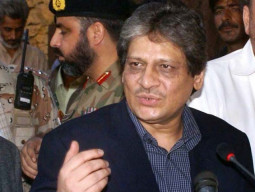
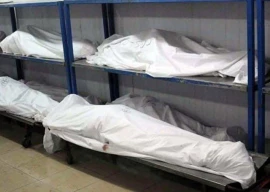

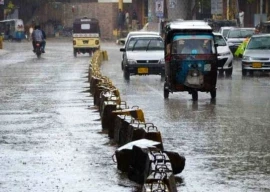
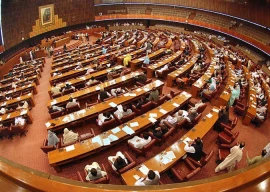


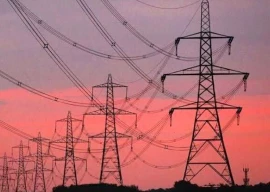

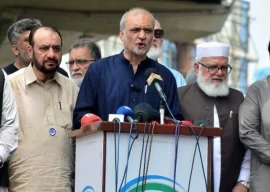

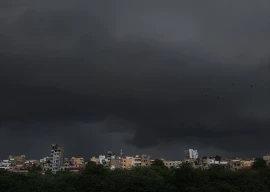
1722244248-0/tlprrt-(1)1722244248-0-270x192.webp)
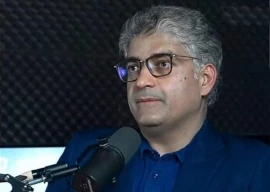






COMMENTS
Comments are moderated and generally will be posted if they are on-topic and not abusive.
For more information, please see our Comments FAQ